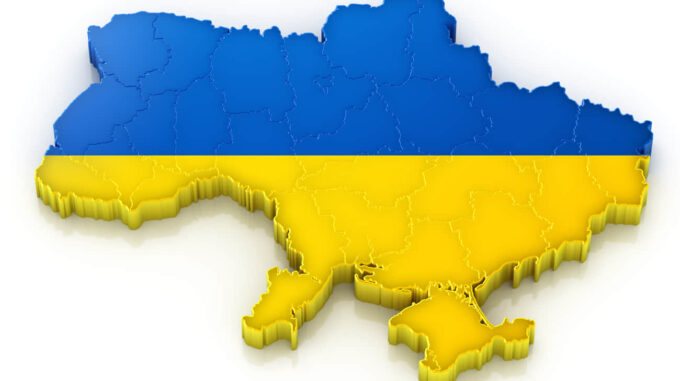European countries oppose recognizing the annexation of Crimea by Russia and firmly and categorically oppose any steps toward further legitimization of Russia’s control over the peninsula

Against the backdrop of preparations for the NATO summit and a broad discussion on further complex diplomatic steps, the Financial Times reports that European capitals are unequivocally determined not to support any initiatives by the United States that could facilitate the legalization of Crimea’s annexation or create conditions for lifting sanctions on Russia. According to sources within many European governments, America is attempting to promote a so-called “roadmap” for Ukraine, offering Kyiv an agreement that includes conditions more favorable to Moscow. This document allegedly involves the United States recognizing Russia’s sovereignty over Ukrainian Crimea — a step unacceptable to Europe and, in fact, raising concerns about further undermining the international rule of law. The publication emphasizes that such proposals have sparked apprehension among European partners, as they risk undermining the mechanisms and stability on the continent that are based on established rules. At the diplomatic level, officials from European Union member states stress that any legalization of Crimea’s annexation is impossible, as it would mean the final destruction of fundamental international treaties and established rules that ensure peaceful coexistence among states. “Crimea and Ukraine’s potential NATO membership are red lines for us. Abandoning them would undermine the freedom and security of the entire continent,” remarked one diplomat. EU representatives warn Washington that their countries categorically will not support any initiatives recognizing Crimea’s annexation, and there have already been direct reminders: any steps in this direction could seriously undermine the unity and stability of the transatlantic alliance. Senior officials emphasize that supporting actions contrary to Europe’s official stance would trigger a deep diplomatic conflict within NATO and could jeopardize the entire alliance framework that has been operational for over a decade. Meanwhile, internal discussions within NATO indicate that the main focus currently is on defense spending and the Alliance’s ability to respond to potential threats, rather than on possible diplomatic “redrawing” of the Ukraine-Russia conflict. However, experts note that the prospect of the U.S. abandoning support for Ukraine or altogether refusing negotiations involving sanctions removal and recognition of new realities in Crimea could cause a profound crisis at NATO’s very foundation and threaten European security. Diplomatic circles warn that any attempts by the U.S. to shift course on this issue, including demands to ease sanctions on Moscow, could cause a significant crisis in EU unity and likely lead to the dismantling of sanctions mechanisms established in recent years that have helped restrain Russian aggression. European representatives are convinced that any recognition of Crimea as Russian or the lifting of sanctions is not only a risky diplomatic move but also a potential catalyst for greater geopolitical complications. Despite the unexpected nature of Washington’s proposals, European leaders are intensively trying to preserve a united position in the face of upcoming historic events. At the same time, internal disagreements and the potential escalation of conflicts around sanctions and continued support for Ukraine remain unresolved, with the potential to destabilize not only regional but also global security processes. Therefore, the current official Europe refuses to support any actions that could lead to the legalization of Russia’s annexation of Crimea, emphasizing that any change in the official stance would directly affect relations with the U.S., risk redrawing the security map in the European region, diminish institutional unity, and undermine established conflict deterrence mechanisms.

